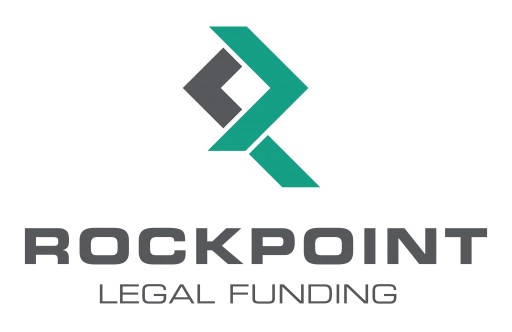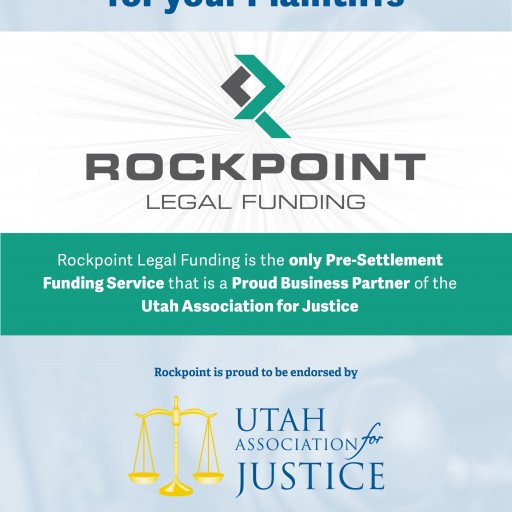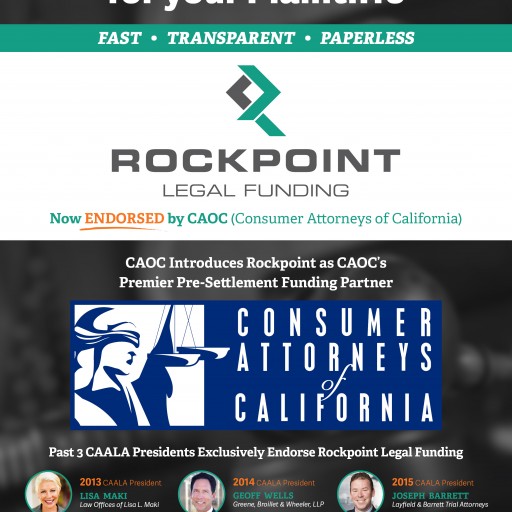Category: Law

Fortunately, many acclaimed spine surgeons are willing to perform procedures on a medical-lien basis.

For personal injury clients, the holidays can be a difficult time. While waiting for settlement proceeds and unable to work because of their injuries, money can be tight.

No attorney wants to worry that the funding company it entrusts to help an injured client will not deliver a high level of service.

Here's where pre-settlement funding can literally be a lifesaver.

Rockpoint Legal Funding works with you and your clients, hospitals and doctors so the funding process runs smoothly.

Victims of hit and run accidents are often in need of pre-settlement funding to hold them over until the liable party and ultimate settlement are sorted out.

Through no fault of his own, the husband is facing his worst-case scenario—a life without his wife, an inability to work and mounting debt.

If clients lose their case, the advanced funds do not have to be repaid.

Compounding interest on plaintiff funding can mean less funds for the injured client once a case settles.

Plaintiff funding companies are typically interested in a few simple issues, all related to the client's case.

Plaintiff funding is one way to reduce the financial pressure and enable your clients to better enjoy the holidays.

For those who live paycheck to paycheck, being unable to work for even a short amount of time can mean financial ruin--Rockpoint Legal Funding

The last thing plaintiffs need in this situation is a delay in funding. Prompt funding can mean the difference between keeping financial obligations current and drowning in debt.

Advancing or lending funds to a plaintiff has its risks and costs.

When clients know upfront exactly how much they will be paying for their advance, it is far less likely that there will be any surprises or unmet expectations.

Some litigation funding companies advertise low-interest rates (2% to 4%) but if you read the fine print, you see that these are monthly rates (not annual rates) and many charge high origination, case handling and underwriting fees--often burying fee verbiage in the small print of the contract.

Pre-settlement funding is one way to level the litigation playing field. When injured clients have funds available to pay for living expenses while their case is being resolved, they are less likely to push for an early settlement that is not in their best interest.
An initial pre-settlement advance to cover a client's short-term expenses may not be sufficient when a case drags on
A pre-settlement funding agreement should not be another confusing document that your client has to decipher
Plaintiffs who can't work because of an injury can often quickly run through their savings while waiting for their case to navigate through the legal system. Borrowing funds to cover living expenses is often out of the question and impractical.


Some settlement funding companies demand that all client signatures be notarized before funds can be released.

A settlement agreement with a public entity can take months, or even years, to hammer out.

Unfortunately, the simplest personal injury cases where the injury was caused by negligence by a third party can takes months to resolve.

Settlement funding (or a settlement advance) is much different from a bank loan, credit card cash advance or line of credit.

Once the injured party signs the contract, funds are immediately available—as fast as 24 hours.




